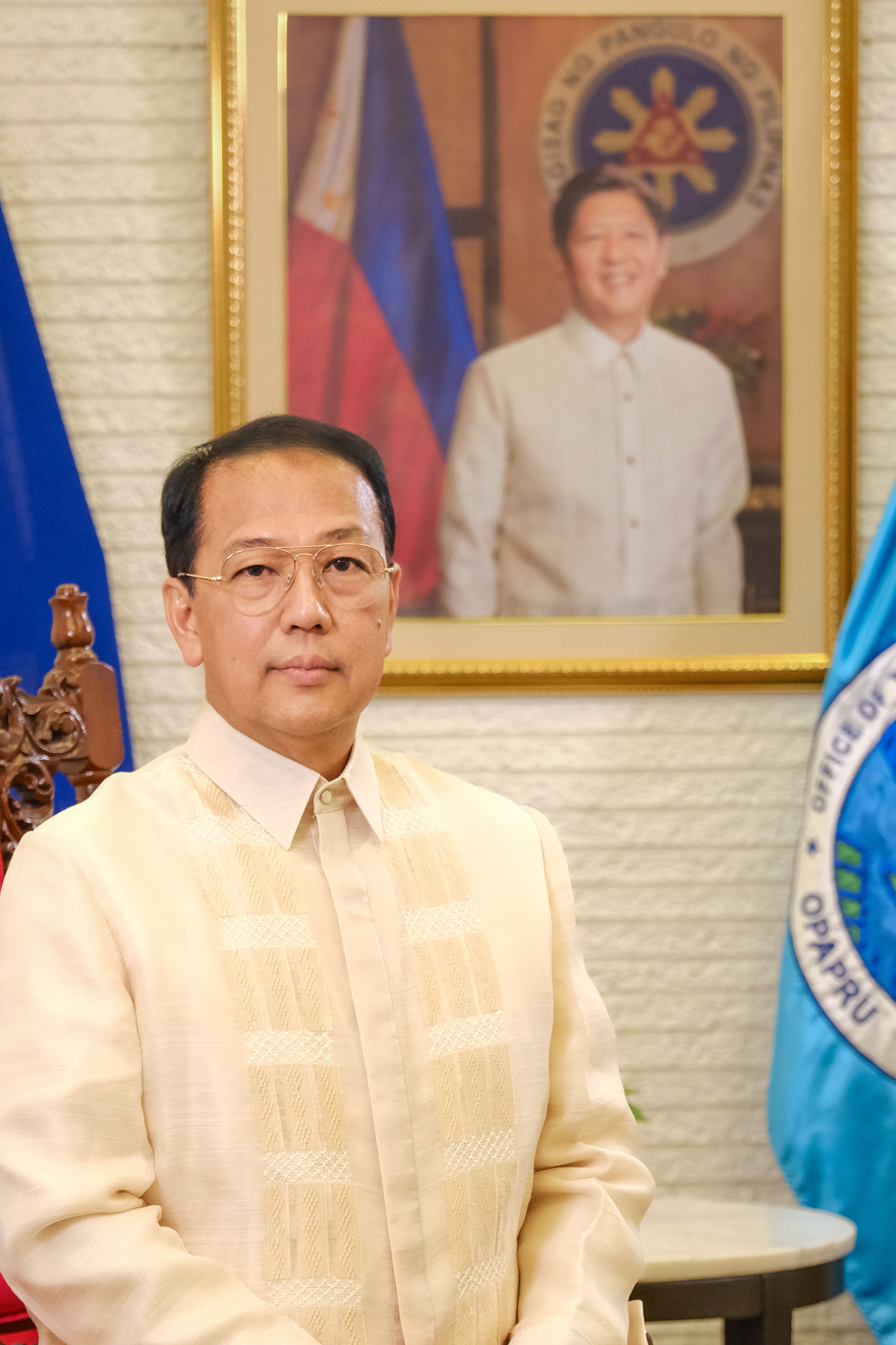Breaking my silence on WPS (Women, Peace and Security ) Part 2
PEACE BY PEACE

Teodora Alonso, mother of Jose Rizal, was his first teacher. She struggled in co-managing their farm and handling their finances. She was also jailed on false and flimsy charges. She was Rizal’s biggest hero and influence. In his memoir Rizal said, ‘Ah! Without her what would … have been my fate? … After God the mother is everything to man.’
Two Filipino character traits are shown in the story of Rizal and Teodora Alonso – Filipino mothers will give their lives for their children and Filipino children give reverence to their mothers.
The Philippines is a matriarchal society. That mothers play a dominant role in our lives must be the reason why we have strong, active, impassioned and cause oriented women in our midst.
Women are prominent in Philippine political society. We have had women presidents and vice presidents. After Geronima Pecson (1947) was a string of lady senators – like Eva Estrada-Kalaw, Leticia Ramos-Shahani, Santanina-Rasul, Miriam Defensor-Santiago and Nikki Coseteng. The Senate currently has Nancy Binay, Pia Cayetano, Risa Hontiveros, Loren Legarda, Imee Marcos, Grace Poe and Cynthia Villar. We have women in Congress and in the cabinet. Just recently, DBM Secretary Amenah Pangandaman agreed to play a key role in the international conference. She is also co-chair of the Intergovernmental Relations Body (IGRB) with the Bangsamoro government.
The business sector boasts of Socorro Ramos, Lourdes Josephine Gotianun-Yap, Teresita Sy-Coson, Robina Gokongwei-Pe, Helen Yuchengco-Dee, Judy Araneta-Roxas and several others. From civil society we have OPAPRU Multi-Sector Governance Council member Amina Rasul-Bernardo to represent.
The Philippines is in ninth place in ‘Women in Management’ in the 2023 World Competitiveness Yearbook. Way above our overall ranking of 52 in the same year.
There is still much work to do, but as a nation we have many attributes and accomplishments that favor policies for giving importance to women. This makes us an ideal host of the International Conference on Women, Peace and Security (WPS).
The DNA of women leadership in OPAPRU is undeniable. Aside from Miriam Coronel-Ferrer as chief negotiator the OPAPP was led by Presidential Advisers Teresita ‘Ging’ Deles, Anabelle Abaya, and Haydee Yorac. Their successes paved the way for the mission of attaining lasting peace.
The international conference will be the stage for the Philippine National Action Plan on Women, Peace and Security (NAP-WPS) 2023-2033.
Executive Director Susana Guadalupe H. Marcaida of OPAPRU’s Office for Peace Sustainability has been involved in peace and unification work since the mid-90’s. She heads the formulation and implementation of the fourth generation NAPWPC. She leads OPAPRU on the substantive aspects of the conference.
Miriam Coronel-Ferrer is among the inspirations of the NAPWPS, she said “You can’t really have a perfect agreement, but you make an agreement more imperfect if you don’t have the women’s perspectives in that agreement, or if you don’t have their interests and welfare also at the back of your mind as you negotiate all the different components …”
The NAPWPS thus professes that, ‘[it] is committed to transforming the peace and security landscape of the Philippines by guaranteeing equitable access to vital resources and opportunities to women in all their diverse and intersecting identities, leading to their substantive and meaningful representation, participation, and leadership … in the country’s peace and security policies and programs.’
The importance of WPS has been proven by many studies. Like, that peace agreements often fail, and the recurrence of civil wars is notably high, necessitating new security strategies. Although historically excluded from peace negotiations, increasing evidence indicates that women’s involvement in conflict prevention and resolution helps reduce conflict and enhance stability.
There are crucial ways that women have contributed to global peace efforts, some of them are:
Women work across lines – They often take a collaborative approach to peacemaking and organize across cultural and sectarian divides.
Women act as honest brokers — Women in peace negotiations can increase the likelihood of reaching an agreement. In the Philippines, women helped build trust between the government and MILF representatives. An evaluation found Moro women were better than men at maintaining interethnic alliances.
Women stage mass action – They often enhance peacemaking efforts by using high-profile tactics to pressure parties to start or recommit to peace negotiations and sign accords. The civil society groups, including women's groups, closely monitor formal negotiations to ensure that negotiators advocate for the priorities of previously excluded groups. These priorities included access to basic services, women's political and economic participation, and their protection from violence.
July 2024 marked the fifth anniversary of the signing of the Clarification Implementing Document (CID). It has guided us in the implementation of the historic 2000 Peace Agreement between the Philippine Government and the Rebolusyonaryong Partidong Manggagawa ng Pilipinas-Revolutionary Proletarian Army-Alex Boncayao Brigade (RPMP-RPA-ABB KAPATIRAN), now called KAPATIRAN.
The OPAPRU looks forward to this collaboration with the Department of Foreign Affairs, Philippine Commission on Women, Philippine Center for Islam and Democracy, ASEAN Institute for Peace and Reconciliation, UN Women and the Department of Budget and Management. Lead the way, ma’ams!
(Secretary Carlito G. Galvez, Jr., is the presidential adviser on peace, reconciliation and unity.)